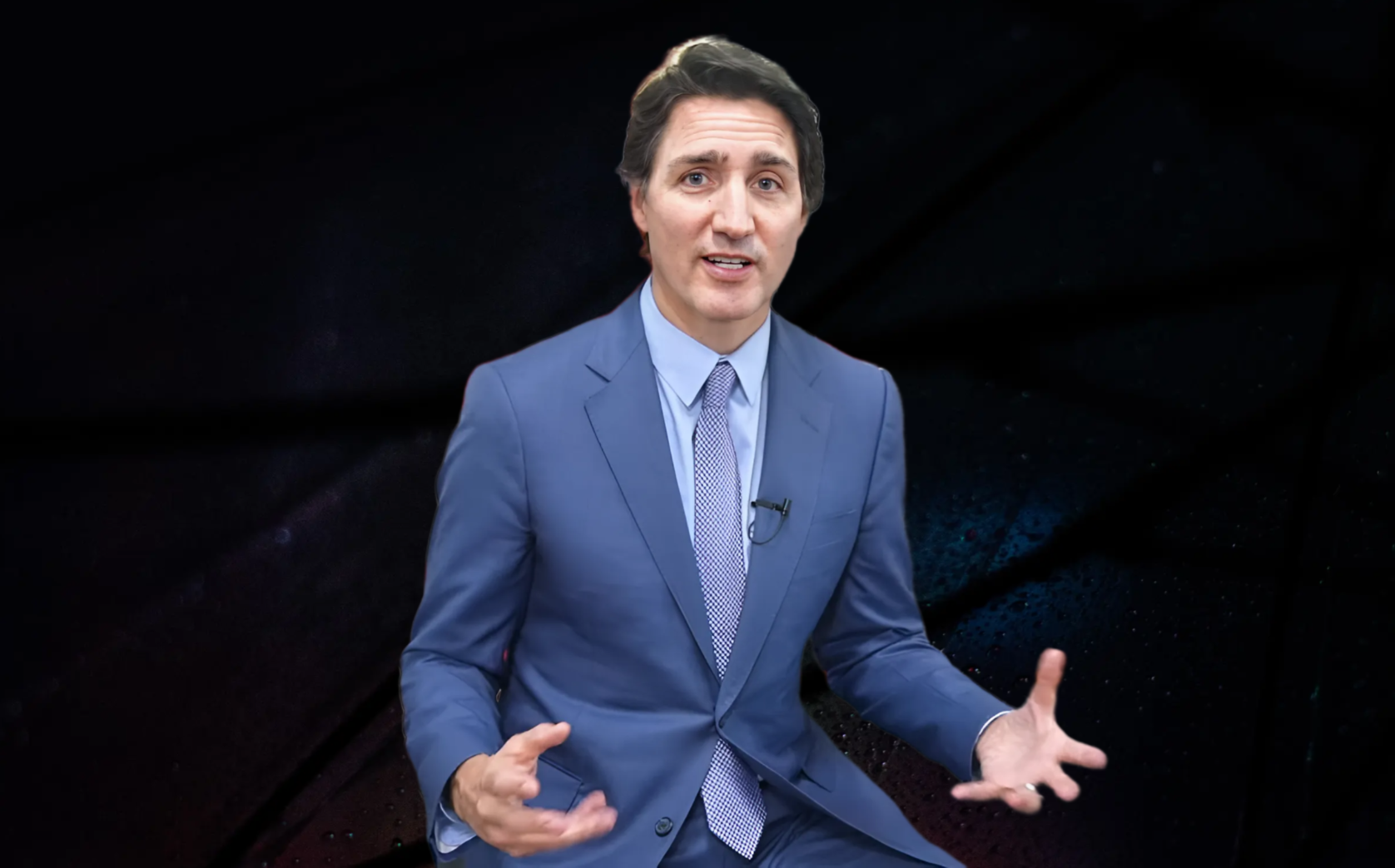As the Public Inquiry into Foreign Interference in Federal Electoral Processes and Democratic Institutions concludes its current phase of hearings in Ottawa, Prime Minister Justin Trudeau, along with Defence Minister Bill Blair, Government House Leader Karina Gould, and Democratic Institutions Minister Dominic LeBlanc, took the stand to provide crucial testimony. Under the leadership of Quebec judge Marie-Josée Hogue, the commission has been diligently examining allegations of foreign interference by nations such as China and Russia in both the 2019 and 2021 Canadian federal elections.
The Prime Minister’s testimony can be dissected into two distinct phases, each addressing significant events and concerns. Firstly, Trudeau delved into the allegations surrounding former Liberal MP Han Dong’s nomination race in 2019. These allegations centered on irregularities and suspicions of foreign influence, particularly regarding the transportation of individuals to vote in Dong’s favor. Trudeau’s firsthand account shed light on how he became aware of these irregularities and the decision-making process behind not overturning Dong’s nomination.
During his testimony, Trudeau recounted a crucial meeting with his campaign director, Jeremy Broadhurst, at an airport hangar in 2019. Broadhurst informed Trudeau about intelligence suggesting possible foreign interference, including the mobilization of individuals to support Dong’s nomination. Despite concerns raised during this meeting, Trudeau explained that he ultimately deemed the available information insufficient to warrant overturning Dong’s nomination.
The inquiry also scrutinized events surrounding the 2021 elections, particularly allegations made by Erin O’Toole and candidate Kenny Chiu regarding foreign interference by the People’s Republic of China (PRC). Trudeau addressed these allegations, emphasizing his belief in the integrity of both the 2019 and 2021 elections. He highlighted the briefings he received post-election, indicating that, in his view, there was no evidence to suggest significant interference that compromised the electoral process.
One notable aspect of Trudeau’s testimony was his discussion on handling briefings from intelligence services. He clarified that while he often engaged in conversations with advisors regarding security matters, he did not always have the opportunity to thoroughly review written briefing notes.
Throughout his testimony, Trudeau maintained a stance of transparency and accountability, addressing inquiries with a measured and composed demeanor. However, his testimony is likely to invite further scrutiny and analysis, especially concerning the effectiveness of his administration’s response to foreign interference threats.
As the public inquiry progresses, Canadians await further revelations and insights into the intricate dynamics of foreign interference in their electoral process.

